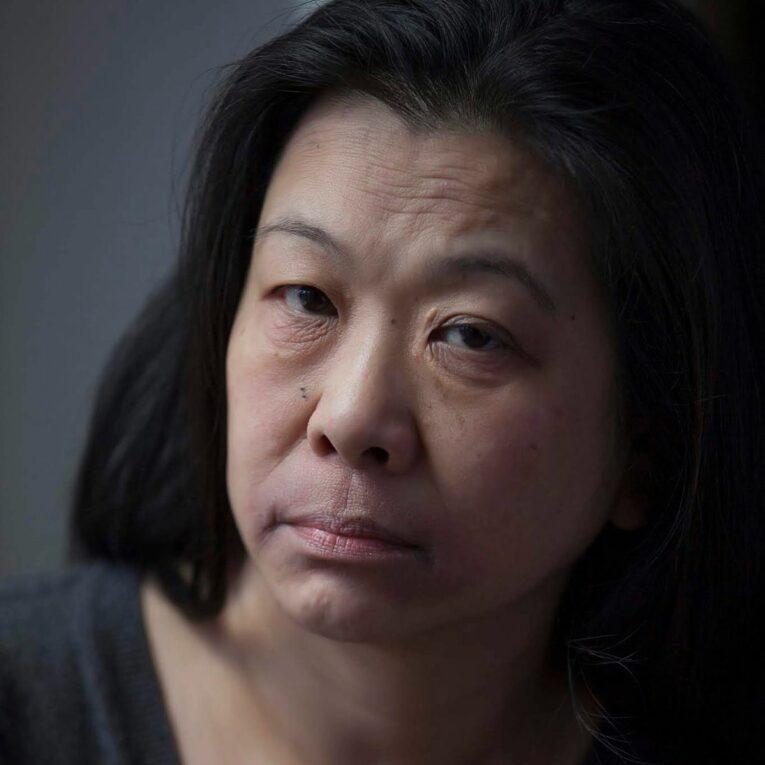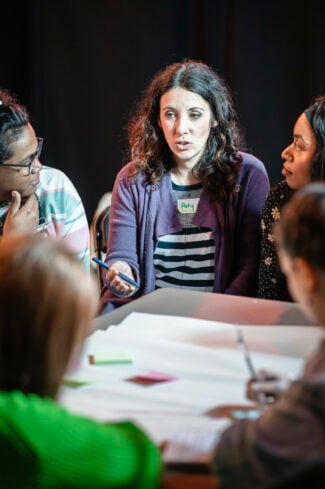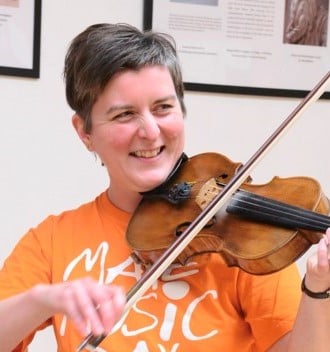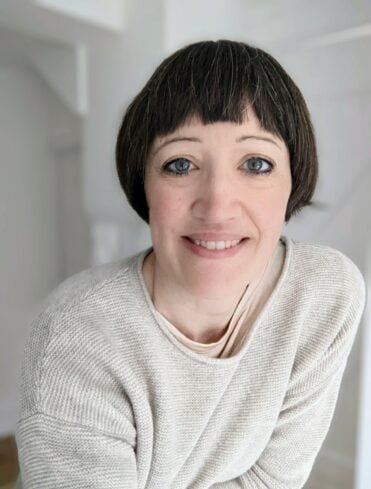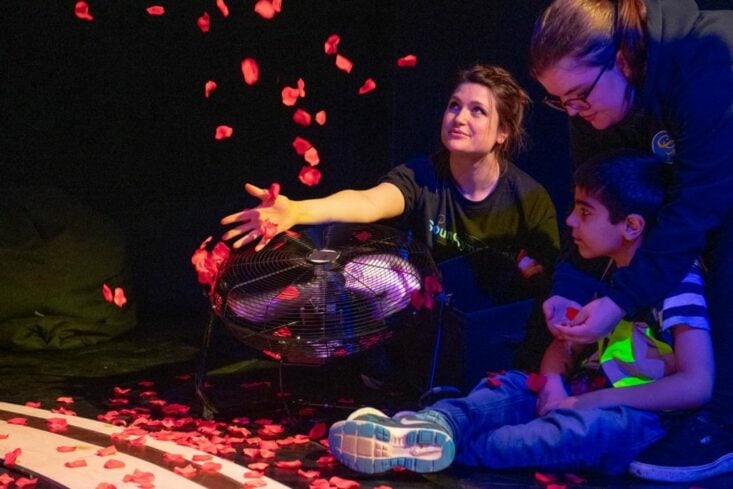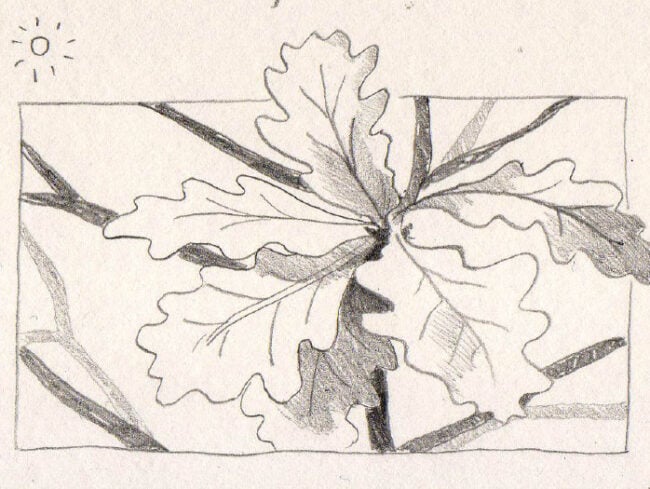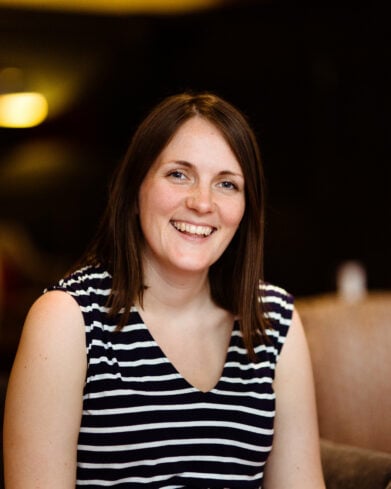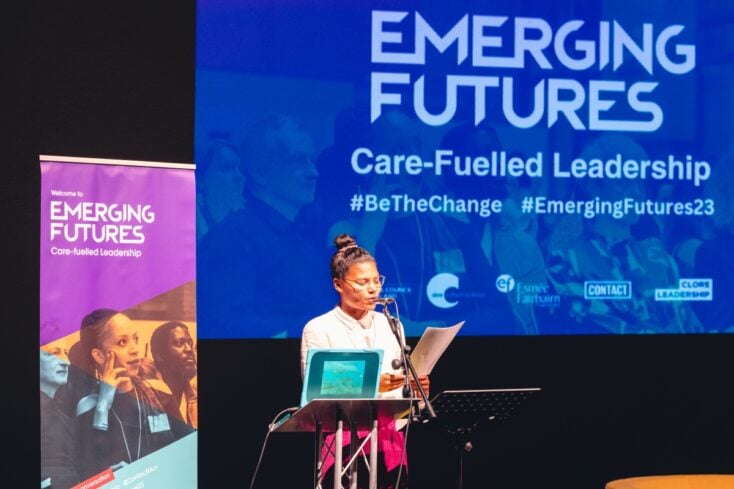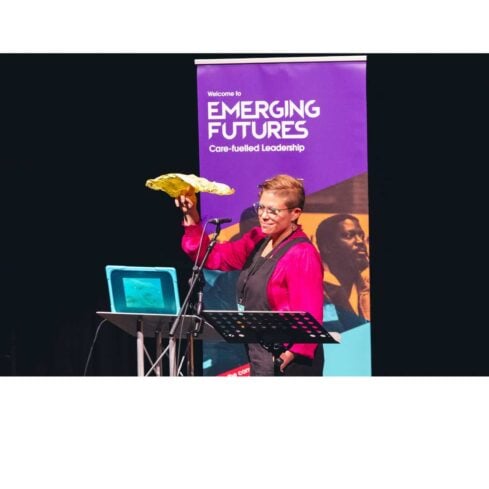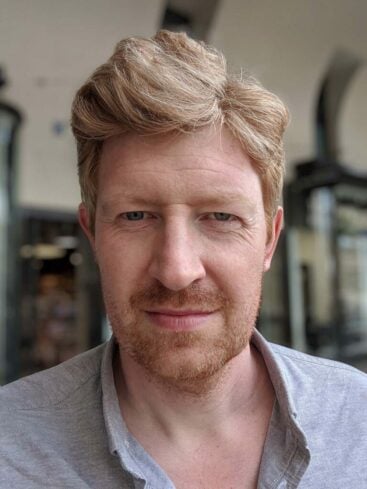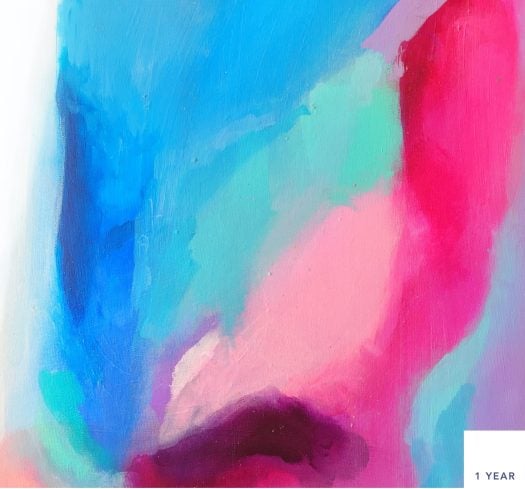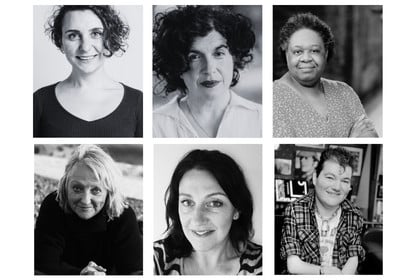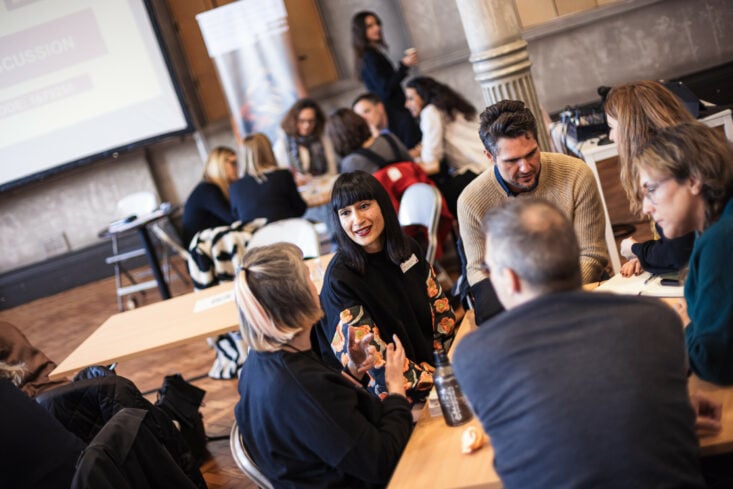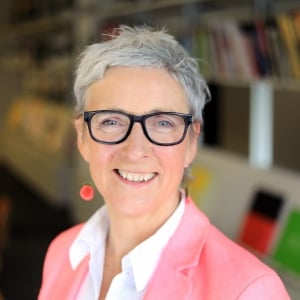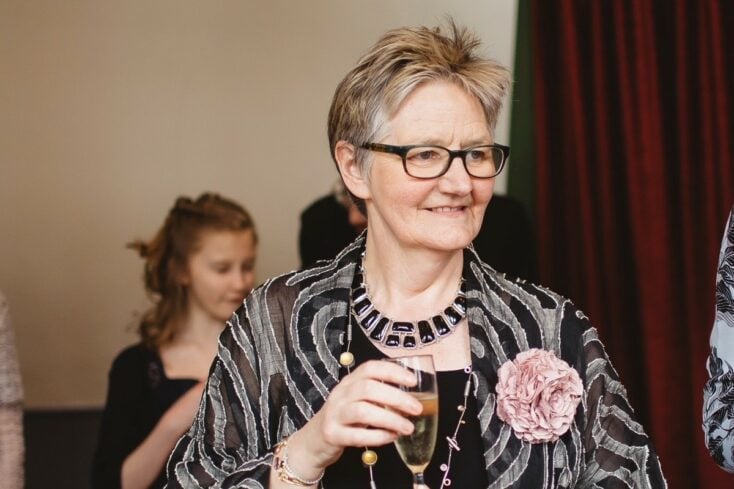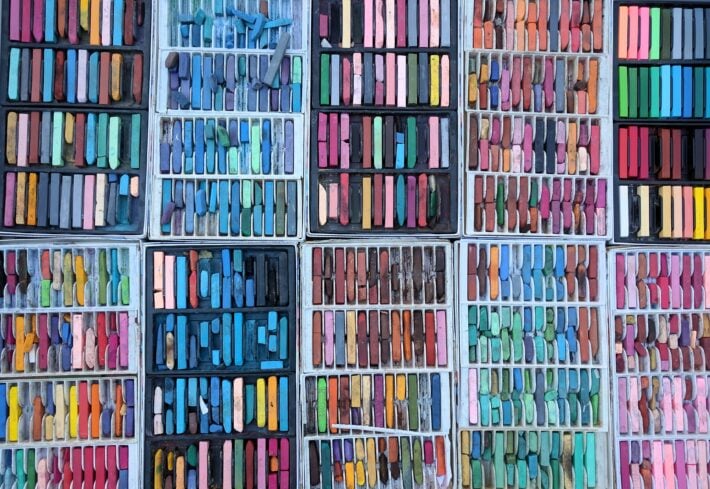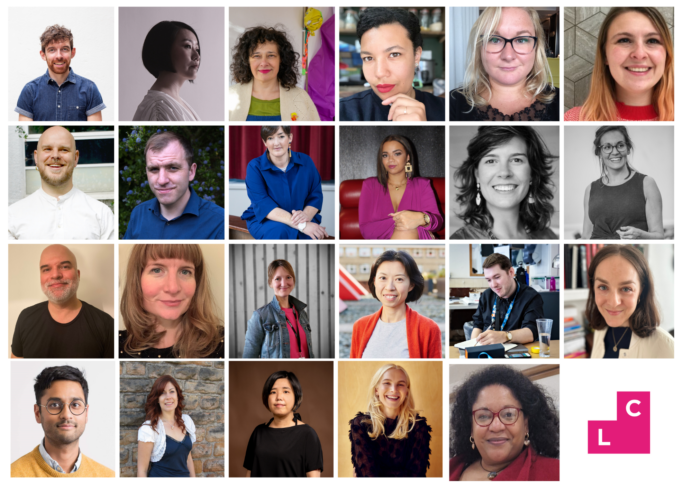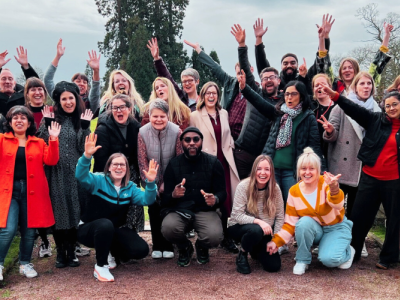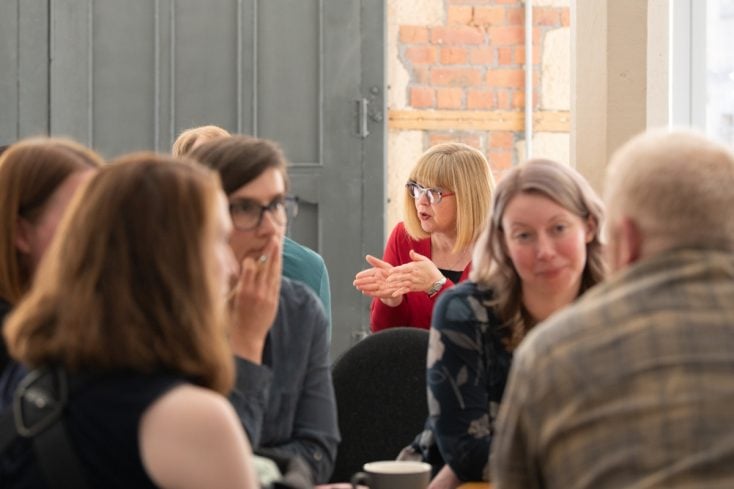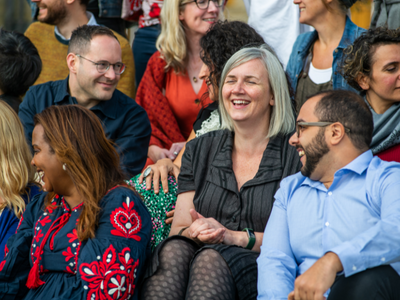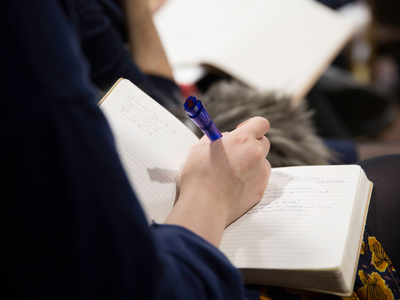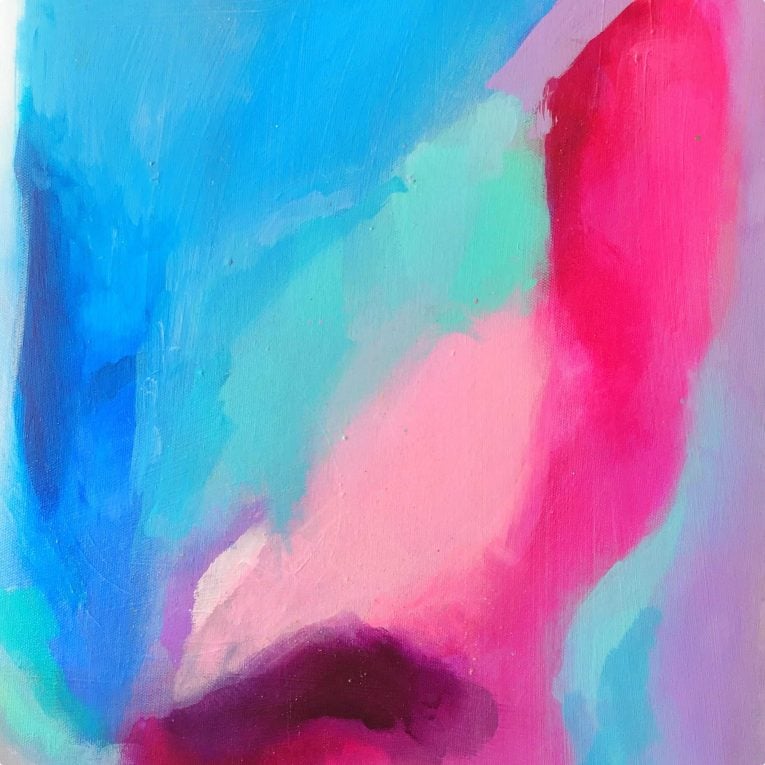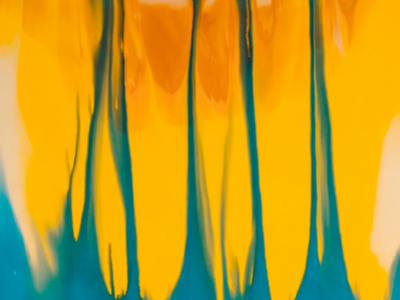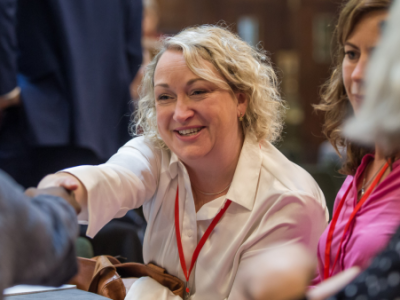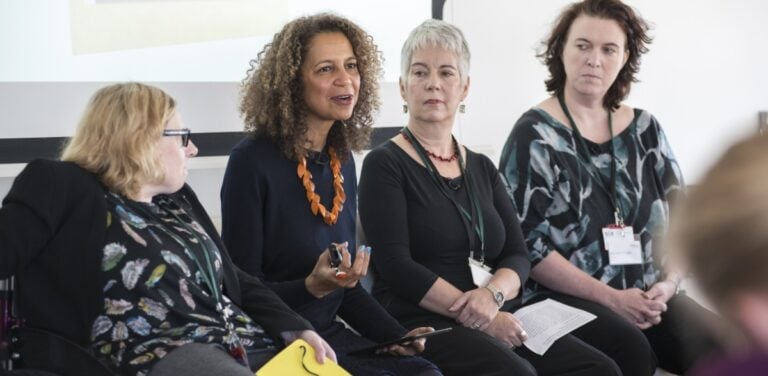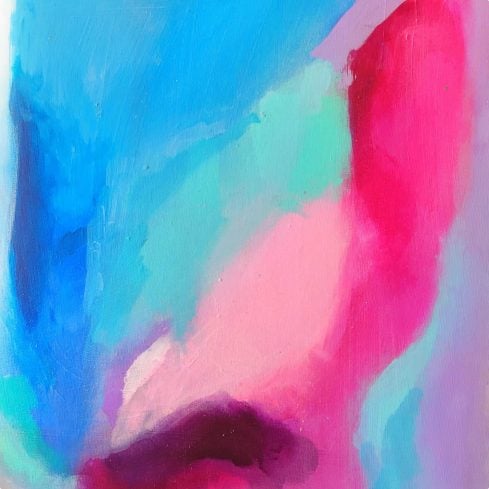The Reluctant Activist
A week is a long time in politics, but nothing when compared to practical shifts in Equality, Diversity and Inclusion for artists of colour in the UK, and particularly for British people of East and South East Asian (BESEA) heritages. One might say change is happening at a glacial pace.
When The Royal Shakespeare Company (RSC) proudly announced the cast for their 2012 production of The Orphan of Zhao – a Chinese classic often referred to in the west as The Chinese Hamlet – their marketing utilised culturally targeted images. However, there was a major stumbling block for artists like myself. Only three actors of British East South/East Asian (BESEA) heritage were hired out of a seventeen strong cast and none in a major role.
Instead they played a maid, a ghost son (albeit with a beautiful speech) and two halves of a devil hound. The principle roles, the Orphan of Zhao, the commander of the guard, the Emperor, the Princess and the Doctor, went to non-Asian actors.
It was this gross oversight, testament to the continued inequality of BESEAS onstage, that unwittingly launched me into a leadership position. I joined with a group of other actors and also British academics to form the British East Asian Artists Group (BEAA). At the time I don’t think we realised quite how significant the impact of this organisation would go on to be.
We had no money. None of us were “famous”. At that time, the BESEA artists with any standing appeared reluctant to speak out. So we went public with the free tools available to us: social media. Thanks to a DM I sent David Henry Hwang and Erin Quill, who had connections with The Asian American Performers Action Coalition (AAPAC), the protest went stateside and then global. Erin, a renowned activist in the US, brought fantastic images into the mix. A picture truly is worth a thousand words. When The Orphan of Zhao opened, broadsheets wrote about our campaign and almost every review alluded to our protest and the lack of BESEA cast members.
Fast forward to 2017: myself and a fellow founding member of the BEAA group, Daniel York Loh, are in a rehearsal room with eight other British East Asian actors. We are about to start rehearsals with an all BESEA cast – the first ever to take to a stage in the UK – produced by none other than the RSC.
The immediacy and circumstances that created the BEAA have improved since then. The RSC has changed as has representation on some UK stages for BESEAS although the narratives continue to lack nuance. Another advocacy group was born: BEATS British East and South East working in the Theatre and Screen industry.
Social media forms the basis of our campaigns and advocacy work. We don’t need fancy PR people or big bucks. Graphics, memes, open letters, #hastags and videos have become the stock in trade tools. With a little imagination, a laptop or smartphone, we can broadcast our voice across the globe. We also realised that social media affords little control. Once content enters the public domain it takes on a life of its own.
Take the #RealAsianGranny hashtag that went viral. It came out of the BEATS campaign around the CBBC show Living With The Lams. The comedy revolved around a British Chinese family but was written by an all-white team. The scripts were riddled with cultural inaccuracies such as dumplings being taken out of an oven, a BESEA character calling another a ‘Chonger’ and a grandmother who constantly ate fortune cookies and spat.
As with any activism, there will always be those within the community who disagree with those that speak out. When it comes to BESEAS, one of our failings, in my opinion, is the lack of willingness to address bigotry. The pressure to align with the myth of the model minority exists. But everything isn’t ok when we find ourselves erased from British culture and history.
COVID-19 has made many realise that being a signatory to an open letter, issuing a statement supporting diversity and equality or retweeting a post is not enough. In some respects I am astonished by the number of creative organisations willing to talk about the lack of representation of BESEAS in UK media and culture. I became an unwitting leader because I was willing to stand up on the parapet and shout. I hope that I have also encouraged others to speak out and that my example shows that if you do, life doesn’t stop and you will continue to work.
Lucy Chau Lai-Tuen Sheen is an actor, published poet, playwright, filmmaker, activist and advocate. She is a founding member of The British East Asian Artists Group and BEATS.org. Lucy is active in advocating for right of transracial adoptees. She is also an advocate for better working conditions and greater representation of British East/Southeast Asians on stage and screen.
